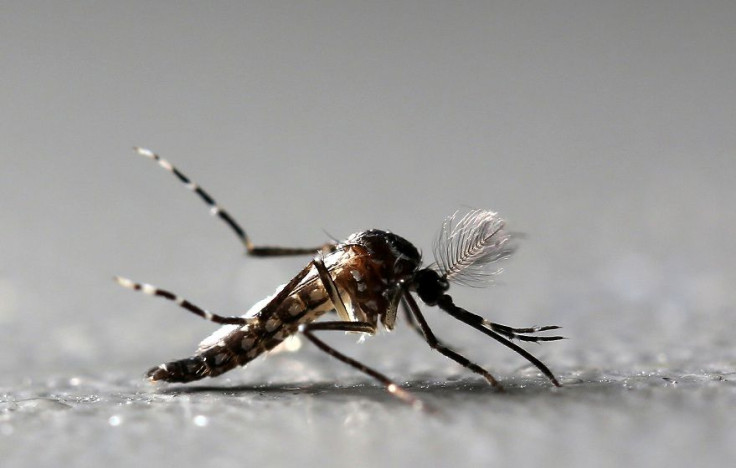Texas reports first local case of Zika: Australian experts explain their fears

Texas Department of State Health Services has recently reported the first case of Zika in the state. Hence, Texas has become the second US state after Florida to have reported local transmission of the virus.
The case involves a woman residing in Cameron County close to the Mexico border. Apparently, the woman, who is not pregnant, acquired the disease through a local mosquito. Pregnancy is one of the major concerns of the disease as it leads to horrible birth defects.
Aedes aegypti mosquitoes, the mosquitoes responsible for spreading Zika, are present in Texas. As of now, there are no other suspected cases of Zika, but officials are planning to take actions to watch out for the virus.
Should Australia be worried?
Experts in the past have raised concerns over the possibility of spread of Zika in Australia. Main transmitter Aedes aegypti, also known as yellow fever mosquito, has been only found in central as well as far north Queensland. Seven cases of the mosquito-borne virus have been reported in north Queensland. As of now, Australia has identified nearly 80 cases of Zika, 44 of which were reported in 2016. Out of these cases, one case involved a pregnant woman. However, so far, it is not confirmed if it affected her baby.
In August, Australian Department of Health warned Australians to be careful while travelling to Zika affected areas, particularly Singapore, where the cases of Zika virus are soaring.
According to Dr. Richard Gair from Tropical Public Health Services in Cairns, the upcoming heavy mosquito season calls for an alarm in the nation. “This time of year from November onwards is rainy season. The temperature goes up so we have more mosquitoes. The efficiency with which mosquito can transmit the virus is increased," he said in a statement.
On the other side, Cameron Webb, mosquito researcher from the University of Sydney previously stated, “Australians shouldn't be worried about a major outbreak in Australia but they should be concerned if they're travelling overseas to areas where Zika is active.”




















